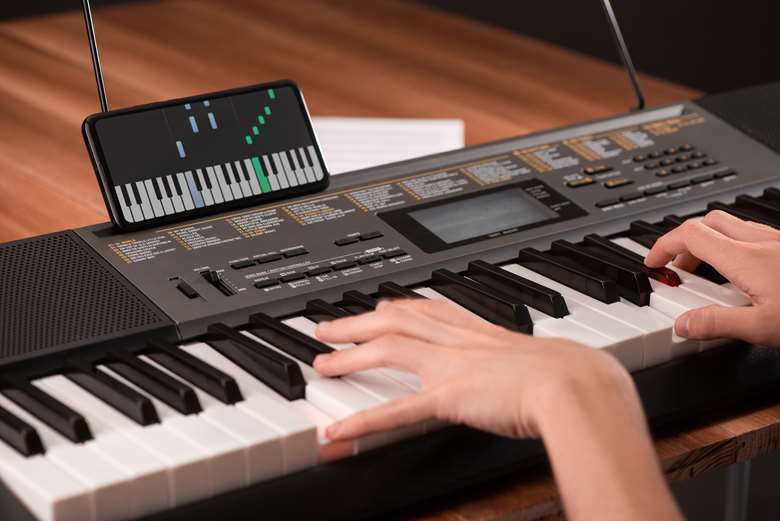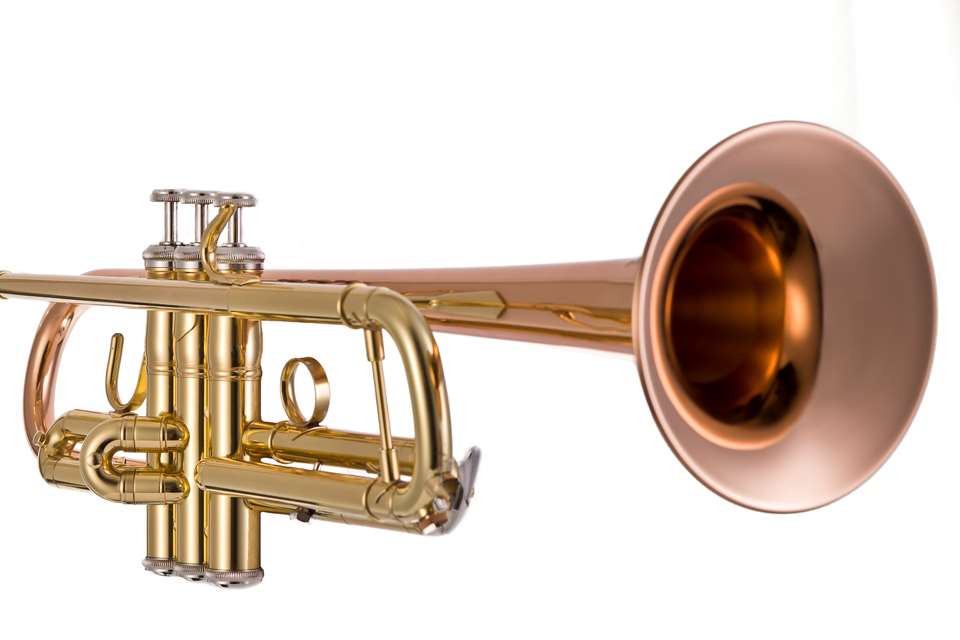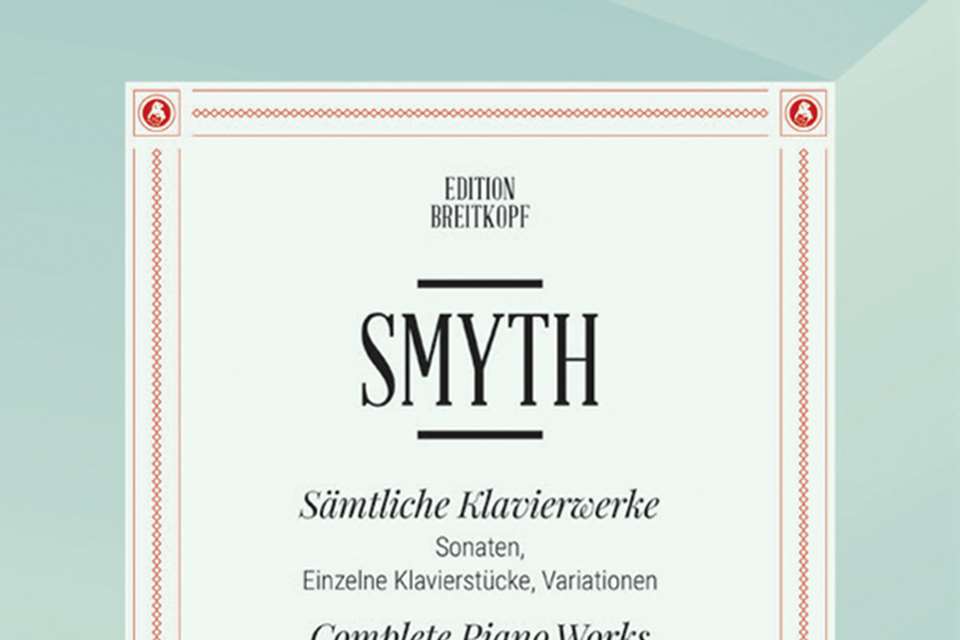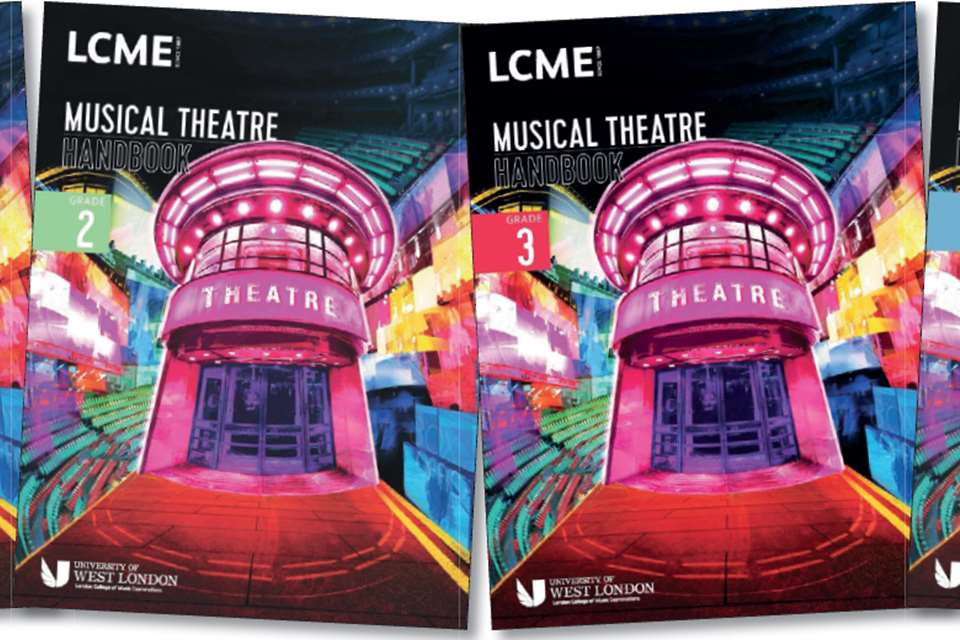Staying on-task: Practice apps
Elinor Bishop
Friday, September 1, 2023
With time management and efficiency foremost in today's culture, Elinor Bishop gives an overview of digital tools for supporting student musicians at school, in the studio and at home.

Adobe Stock / yuriygolub
For every musician, the musical journey begins with discovery, excitement, learning and, of course, practice. Practice, or the lack thereof, is enough to put many young people off before they even get started, and for those who persevere it's not always easy.
In the last decade there has been a revolution in the way we can practice – with technology lending a helping hand. Practice apps are a relatively new way to practice, but are already changing the game and are growing in number.
Different apps, of course, are better suited to different needs. Some apps are geared towards large organisations such as schools or local music services, whereas others cater for individual music teachers. There is also a variation in price, ranging from a few pounds a month to several hundred pounds a year.
Speedadmin
An app that stands out as geared towards schools, music services or a teacher (with a heavy workload) is Speedadmin. This app combines everything from sign-up to finances, with scheduling and teacher/parent/student communication included. As a busy teacher myself, the idea of having all of these in one place is extremely appealing. The Speedadmin app is also available in Danish, Dutch, Norwegian and Swedish.
As the name suggests, the app focuses on the organisational aspects of music teaching, meaning customisable set-up, user-management, communication (email, text, chat, forum and notifications), waiting and vacancy lists, invoicing, reporting templates, scheduling and room booking, hourly calculation for payroll and overview for IT administrators or school staff. All tasks have been thought of, comprehensively, and for large organisations this is an excellent app.
For teachers, the benefits of Speedadmin include a timetabling tool (for individual tuition, ensembles, events and concerts), support for online tuition, a study-planner (where you can upload videos and sheet-music with your own content), an overview of hours linked to your timetable, cancellation up-dates, student assessments and, not least, a mobile app.
For pupils, parents and schools, the benefits are online course sign-up, clear timetables, a study-planner, a schools dashboard, a place for dealing with invoices and, again, a mobile app. Prices start from £1000, and increase with the number of lessons arranged though Speedadmin.
Sweetnote
For the many teachers who are self-employed, perhaps looking for something more user-friendly, there is an app called Sweetnote, geared specifically towards teachers and their pupils. There is also the ‘Sweetnote Academy’, which is a web-based portal that allows schools and other music organisations to introduce Sweetnote to its students. A single administrator can manage all the students, teachers and requirements around safeguarding. Teachers with a large number of students can set up their own academy, too, with support from Sweetnote staff.
A decade ago, practice apps were unheard of, and it is interesting to know what made the creators decide to launch these apps. In the case of Sweetnote, for founder Richard Mander (a professional organist, pianist, composer, arranger and accompanist) it was problem-solving, with a personal stake: ‘I observed how my students and my own children spent their practice time, and realised it was not as effective as it could be. It is normal for younger children to sight-read their piece once (badly!) from start to finish, and then move on to the next piece. I wanted to help them progress faster.
‘With Sweetnote Student, a set amount of time is allocated for each section and we have found that the student will fill this time with more meaningful work, after the initial sight-read. To help my daughter, I made a short video to time her through her daily practice session, with three sections. She loved it! It made her spend the right amount of time on each piece and her scales. Time seemed to pass more quickly and she progressed rapidly, enjoying playing her cello more and more. At this stage I started to think about making this into a fully programmable mobile app, and what that app might look like.’
The Sweetnote app launched in 2020. This practical road-testing is reflected in the app, which is easy to use and well laid-out. And it's effective. As Mander puts it, ‘The student app provides structure to practice sessions, in turn leading to better concentration and focus. This leads to faster progress, making playing music more enjoyable and providing better value for the investment in music lessons.’
With technology used more and more, an app-based practice session also appeals to children. ‘I have found that the daily negotiation between parent and child about practice is a lot easier’, admits Mander, ‘with a set session on the app being easier to ‘sell’ to a child.’ Parents also benefit from a better return on their investment in music lessons, with faster progress for their child.
With Sweetnote, teachers can directly influence how students spend their practice time between lessons, using bespoke templates. They can monitor the practice history of students and their achievements. Instead of a notebook, a messaging system sets tasks and can demonstrate techniques. Parents also get to see the practice history and tasks set.
Students, too, can set up their own practice sessions, and are motivated by badges and streaks, meaning the practice history and ‘what works best’ becomes visible. They connect to their teacher in several ways, including through bespoke practice sessions and the messaging system (which enables text, video, audio and photos).
A free version of Sweetnote is available for 15 sessions. If paying for the app, the price is £3.99 per month or £39.99 annually.
Practice Pal
An app similar to Sweetnote is Practice Pal. This has sections for teachers, students and parents, as well as for schools. The difference here is that teachers are sourced (and background-checked) and available for guided practice sessions, providing feedback and encouragement during the practice session. This add-on feature starts at £7.99 a week. Prices for schools start at £199 a year for small numbers of lessons and reach £999 a year for 500 individual lessons per week.
In-browser practice support
Alongside the apps that have developed over the last few years are the online web platforms supporting practice. For a lot of music teachers, this will be more familiar and comforting territory. Among these platforms is MyMusicStaff, which was born out of the founder's desire to help his wife, a music teacher, make the running of her studio a little more straight forward.
The feel of MyMusicStaff online couldn't be easier – it has a helpful calendar feature with all lessons and events, and well as a section to keep track of pupils and resources. Perhaps it is the nature of MyMusicStaff not being an app that makes it so intuitive, and very simple to upload sheet-music and other resources for students.
MyMusicStaff recommend that teachers use the Student Portal because it creates a one-stop shop where families can have 24/7 access to the studio, without 24/7 access to the teacher's time. It seems that families appreciate the ability to view the calendar, read past lesson-notes, track practice time, and so much more – all in one place.
If you're the student, the Student Portal Practice Log allows you to track your practice consistently, either manually, adding a time entry, or using the built-in practice timer. With each entry, you can add notes to keep track of anything you wish to remember about the practice session, and even attach files, such as a recording of the practice or a completed theory worksheet. MyMusicStaff allows both student and teacher to have access to the practice history in one convenient location. It is available for a free trial for 30 days; otherwise, it's £11.95 a month.
Final thoughts
In addition to the apps and web-based platforms designed for general practice, there are several apps tailored to exams. Among these, ABRSM has launched the Music Theory Trainer for Grades 1–5; the Practice Partner for piano, violin, cello, clarinet, saxophone, flute, brass (various instruments) and singing (including for Musical Theatre); and the Aural Trainer (Grades 1–5 and 6–8), Sight-Reading Trainer and Scales Trainer for piano and violin at Grades 1–5.
With this many apps available, support for the complete journey of learning an instrument has never been more abundant. The practice revolution appears to be here, with provision for everyone come rain or shine.








